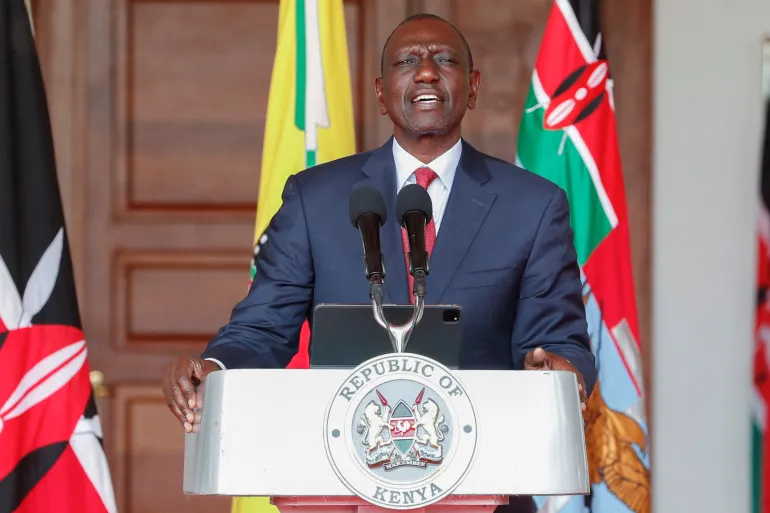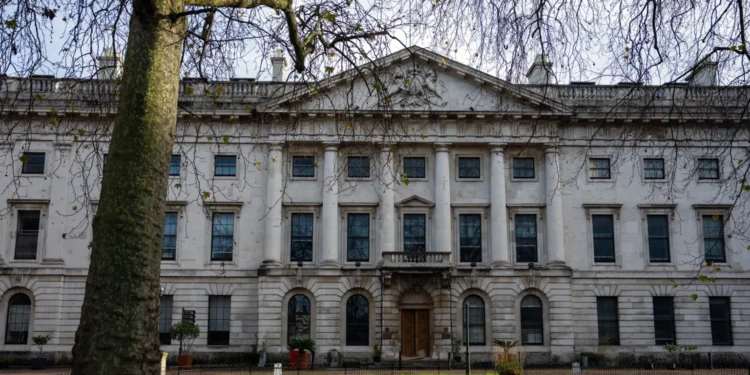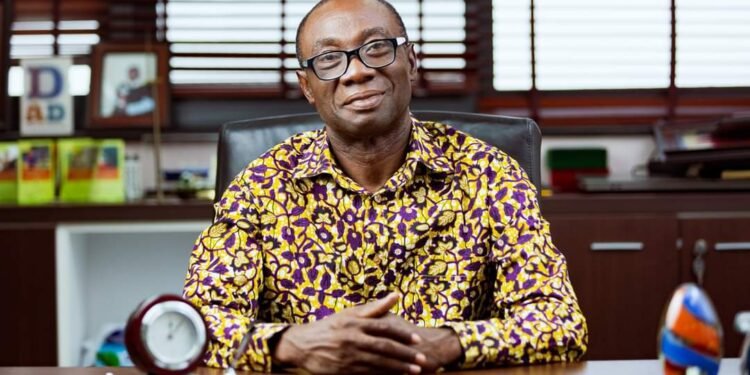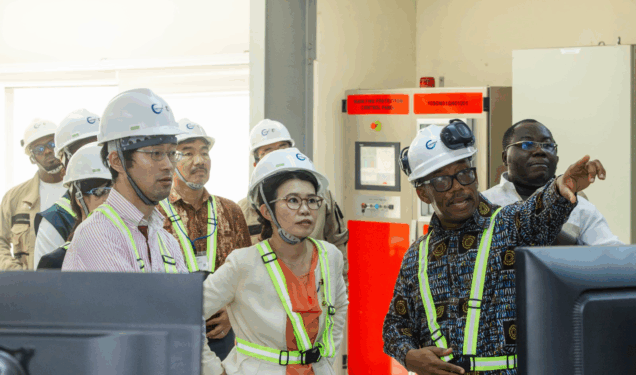Kenya’s President William Ruto has extended a public apology to Tanzania, seeking to ease mounting diplomatic tension between the neighbouring countries.
The apology follows several days of online hostility and political fallout sparked by the controversial detention and deportation of East African activists in Tanzania.
The rift began after prominent activists, including Kenya’s Boniface Mwangi and Uganda’s Agather Atuhaire, were detained while in Tanzania to attend the trial of opposition leader Tundu Lissu. The activists later alleged that they were held incommunicado for several days, tortured, and then dropped off at the border by Tanzanian security agents.
The incident provoked sharp criticism from human rights organisations, regional observers, and social media users across East Africa. Kenyan and Ugandan authorities also protested, accusing Tanzanian officials of denying the detained individuals consular access despite repeated diplomatic requests.
While Tanzanian President Samia Suluhu Hassan has yet to comment directly on the torture allegations, she issued a pointed warning, saying she would not tolerate activists from other countries who sought to “meddle” in Tanzania’s internal affairs or cause “chaos”.
Her comments sparked a fierce online backlash in Kenya, where many social media users targeted President Samia personally. The digital feud quickly escalated, spilling into formal politics as Tanzanian legislators condemned what they viewed as cyberbullying and a breach of their nation’s sovereignty.
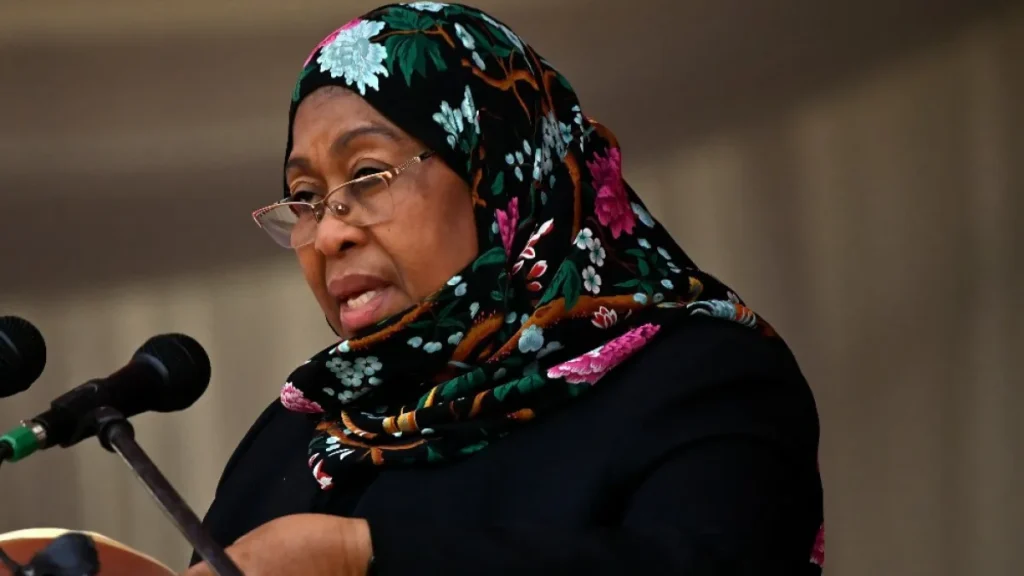
On Monday, Tanzanian MPs voiced their anger in parliament. Many accused Kenyan youth of disrespect and meddling. One legislator called the episode a violation of “Tanzanian sovereignty”, with others asserting that President Samia was within her rights to defend the country’s national interests.
Ruto Calms Tensions Over Activists’ Detention
In response, some agitated Kenyans posted the contact details of Tanzanian lawmakers online, flooding their phones with messages expressing outrage. Iringa Town MP Jesca Msambatavangu said she received so many WhatsApp messages that she had to temporarily switch off her phone.
Despite the digital bombardment, Msambatavangu encouraged constructive dialogue, saying, “Kenyans are our neighbours, our brothers, and we cannot ignore each other.” She also invited Kenyan youth to “counter ideas with ideas” and even suggested forming a WhatsApp group to continue the conversation. She pledged to host a live session on Saturday to engage further.
Amid these developments, President Ruto sought to de-escalate the diplomatic strain. Speaking during a national prayer breakfast on Wednesday, he offered an open apology to Tanzania. “To our neighbours from Tanzania, if we have wronged you in any way, forgive us,” he said.
He continued, “If there is anything that Kenyans have done that is not right, we want to apologise.”
Ruto’s remarks were prompted by visiting American preacher Rickey Allen Bolden, who called on leaders in attendance to prioritise forgiveness and reconciliation. Ruto took the message to heart, not only extending an apology to Tanzania but also addressing grievances from within his own country.
The president also acknowledged the discontent among Kenya’s younger generation, particularly the so-called Gen Zs, who have been vocally critical of his administration since the deadly anti-tax protests last June. He extended a similar apology to them, hoping to mend internal rifts as well.
However, some Kenyan youth were quick to reject the president’s overture, with a number calling for his resignation instead. On social media, reactions to Ruto’s statement ranged from cautious appreciation to outright dismissal, underscoring the deep political frustrations still simmering in the country.
As Kenya and Tanzania attempt to move beyond the current impasse, the diplomatic gesture from President Ruto may serve as the first step in restoring cordial ties. However, it remains to be seen whether the apology will quell the outrage or simply scratch the surface of deeper regional and domestic grievances.
READ ALSO: Wontumi’s Arrest Sparks Accusations of Political Targeting

